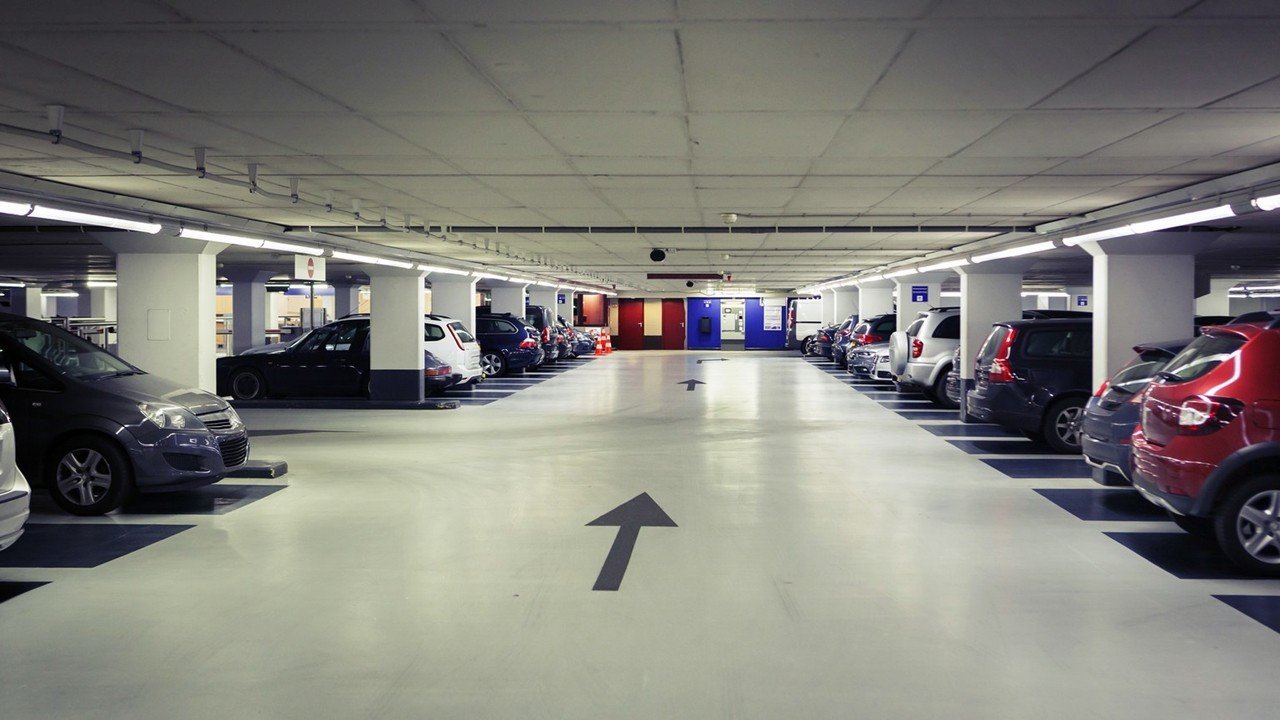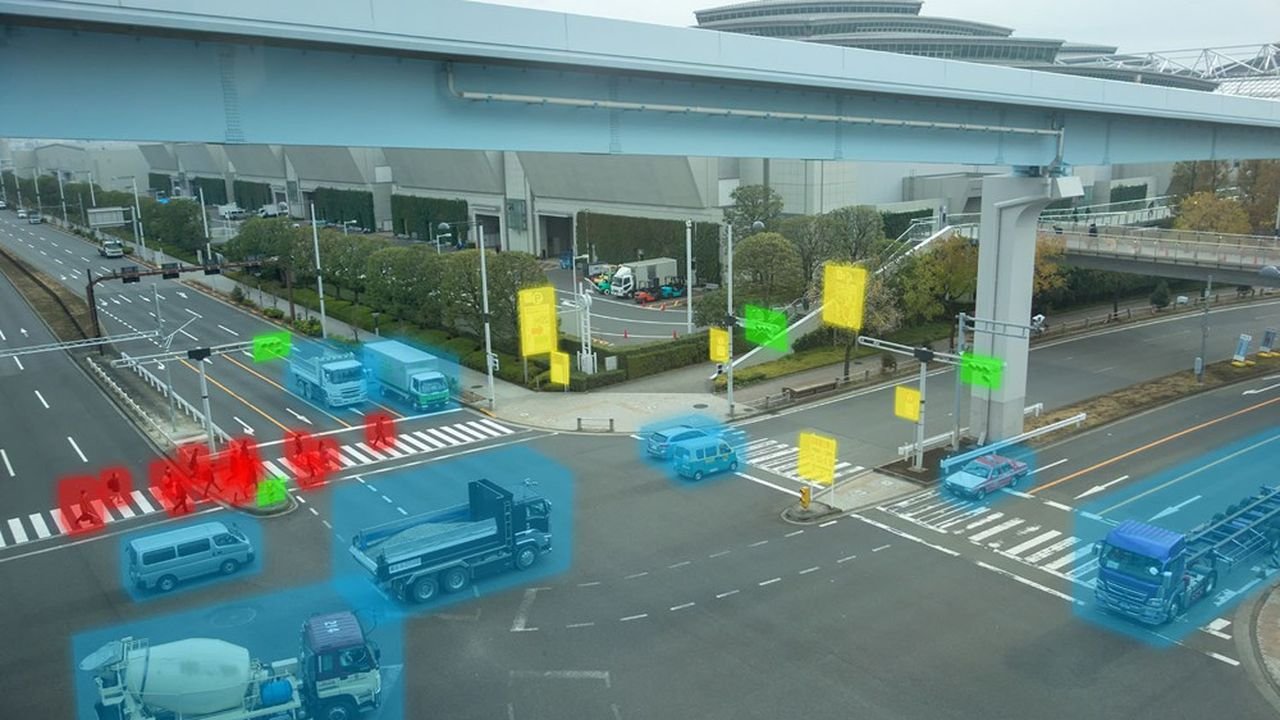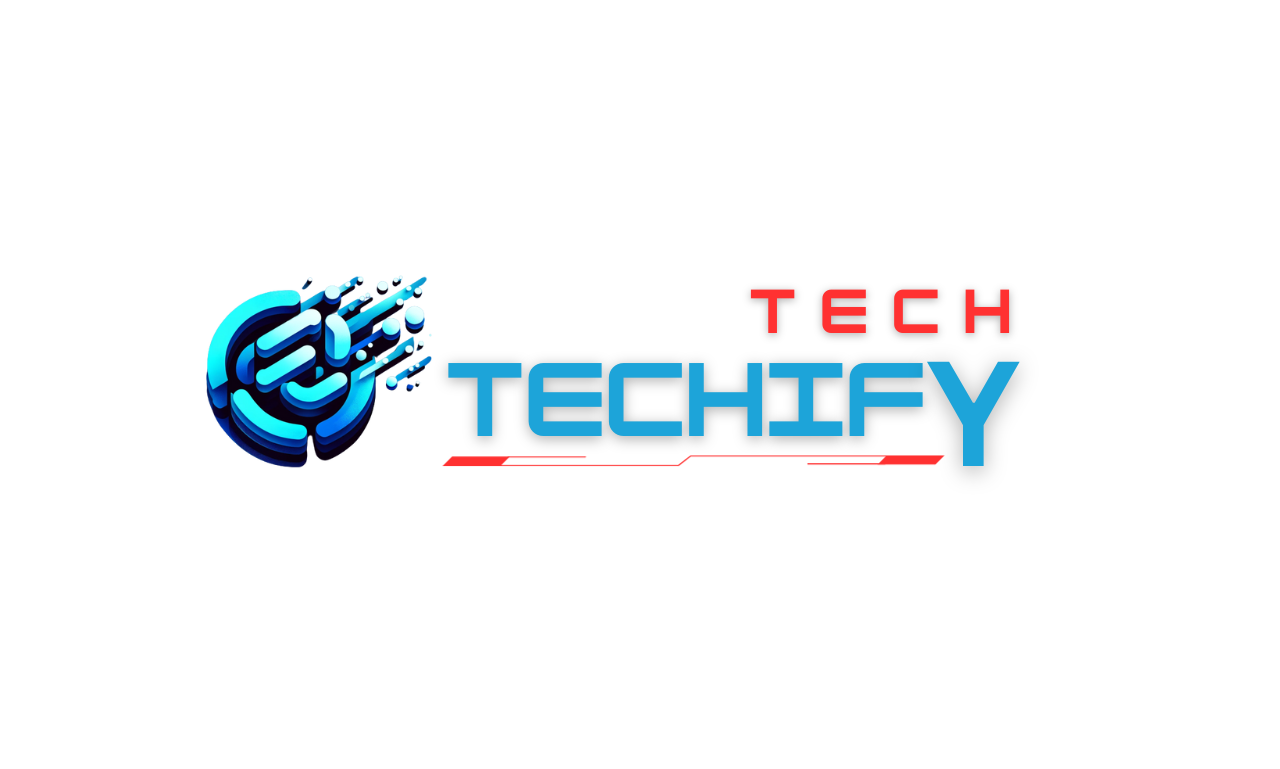Introduction to Parking Management Systems
Efficient Parking Management Systems are revolutionizing the form we come to urban mobility. These systems incorporate several technologies and procedures to optimize driveways in congested metropolitan configurations.
Parking management has evolved from conventional manual systems to modern, technologically sophisticated solutions driven by the need for efficiency and sustainability. This essay will review the complex nature of parking system administration, emphasizing its importance, advantages, characteristics, and problems.
The conception of the fundamentals of these systems permits us to gently accept their role as they address today’s rising parking shortages in metropolitan areas.

Understanding Parking Management Systems
Understanding parking management systems is critical for navigating urban settings efficiently. These systems include several technologies and tactics to maximize parking space utilization and boost users’ overall parking experiences.
Parking management methods have evolved from conventional human approaches to modern, technology-driven options, reflecting continued attempts to solve the difficulties of urban mobility and overcrowding.
Parking management systems are important in designing more durable and livable cities. They deliver real-time information about parking availability, streamline payment methods, and enhance enforcement capacities.
Ultimately, a deeper understanding of these systems is key to unclosing their full possibility and shaping the fate of urban transportation.
Importance of Efficient Parking Management
Efficient parking management is essential for alleviating urban congestion and improving the general quality of urban life. With the rapid increase in vehicle ownership and limited parking space availability, the importance of efficient parking management cannot be overstated.
By coaching drivers to available parking spots and underestimating the time spent searching for parking, efficient parking management reduces traffic congestion, fuel consumption, and vehicle emissions.
Moreover, it enhances the accessibility of businesses and conveniences, improves pedestrian safety, and generates income for municipalities.
Ultimately, prioritizing efficient parking administration creates more sustainable and livable urban environments for locals and visitors.
Evolution of Parking Systems
The evolution of parking systems has transitioned from traditional manual methods to modern, technology-driven solutions for enhanced efficiency.

-
Traditional Parking Systems
Traditional parking systems rely on manual ticketing, expense, and enforcement processes. Drivers generally obtain a ticket upon entering the parking structure and pay the fee at a cashier or automated revenue kiosk before exiting.
These plans often need more real-time monitoring capabilities, which can reveal inefficiencies and long wait times. Additionally, parking attendants or law enforcement officers enforce parking restrictions manually, which can be time-consuming and lead to blunders.
While traditional parking systems have been the norm for many years, they are increasingly substituted by modern, technology-driven keys for improved efficiency and user background.
-
Modern Parking Management Systems
Modern parking management systems mean a significant technological and efficiency leap ahead. These systems use cutting-edge technologies like cameras, microphones, and mobile applications to deliver real-time information on parking accessibility, price, and navigation.
Modern parking control systems can use analytics of data and device learning algorithms to estimate parking demand, optimize pricing systems, and increase the overall effectiveness of operation.
Moreover, they offer users convenient features such as cashless payment options, reservation systems, and digital parking tickets.
With their capacity to enhance user knowledge and facilitate parking operations, modern parking management systems are evolving to become increasingly prevalent in urban environments worldwide.
Components of Parking Management Systems
Parking management systems contain hardware and software features, sensors, cameras, ticket dispensers, revenue kiosks, and managing software.

-
Hardware Components
Hardware branches play a vital role in the functionality of parking management systems. These features include parking sensors strategically positioned within parking spaces to detect vehicle presence.
Cameras are also important, providing visual surveillance to ensure security and monitor vehicle movements. Ticket injectors and payment kiosks simplify distributing parking tickets and paying for them.
Barrier gates have been added at entrance and departure points to regulate vehicle access to areas for parking.
These hardware elements work together seamlessly to provide users with smooth and efficient parking knowledge while enabling operators to manage parking spaces effectively and ensure compliance with parking restrictions.
-
Software Components
Software components are the spine of modern Efficient Parking Management Systems, enabling seamless integration and efficient operation. Parking management software is the main data collection, analysis, and user interaction hub.
It boosts functions such as real-time monitoring of parking availability, processing costs, and enforcing parking regulations.
Mobile applications give users convenient access to parking information, allowing them to find available spaces, reserve parking spots, and make gains from their smartphones.
Back-end systems handle data storage, analysis, and contact between different components of the parking control system.
These software elements enable operators to optimize parking space utilization, enhance user experience, and enhance general efficiency.
Benefits of Implementing Parking Management Systems
Implementing parking management systems proposes numerous benefits for both users and operators. These systems provide users convenience and peace of mind by delivering real-time information about parking availability and navigation advice.
They also streamline the parking process through cashless payments and digital permits. Additionally, parking control systems reduce traffic congestion and carbon emissions by optimizing parking room utilization and reducing the time spent searching for parking.
For operators, these systems enhance revenue generation through efficient use of parking spaces and enhanced enforcement powers.
Overall, implementing parking management systems improves the user parking experience while optimizing parking facility operators’ operations.

Challenges in Parking Management
Despite their benefits, parking management systems need help with implementation and operation. One major challenge is the cost of installing and supporting the necessary infrastructure, including sensors, cameras, and software designs.
Integrating parking management systems with existing transport infrastructure and urban planning frameworks can be difficult and time-consuming.
Another challenge is ensuring equitable access to parking spaces for all users, mainly in densely populated urban areas where the market often exceeds supply.
Furthermore, confidentiality concerns about collecting and using parking data might arise, demanding effective data protection procedures.
To solve these difficulties, stakeholders must work cooperatively and develop new solutions to build more effective and ethical parking management processes.
Emerging Trends in Parking Management
Emerging developments in parking management are influencing the future of urban public transportation. One prominent trend is the adoption of smart parking technology, such as Internet of Things (IoT) detectors and analytics that forecast to optimize parking space utilization and user comprehension.
Mobile expense solutions and digital parking permits are also gaining rage, offering users greater convenience and flexibility.
Similarly, sustainability is becoming a higher worry in parking management, with initiatives such as charging stations for electric cars and green parking badge schemes gaining support.
Furthermore, connecting garage management systems with other modes of transportation, such as commuter trains and ride-sharing services, is becoming increasingly vital in developing seamless public transportation solutions.

Case Studies: Successful Implementation of Parking Management Systems
Examining successful case analyses of parking management system implementation delivers practical insights into the best techniques and potential challenges.
For the model, implementing a comprehensive, Efficient Parking Management System has seriously reduced traffic congestion and improved air quality in a city like Singapore.
By leveraging advanced technologies such as automated payment systems and real-time parking availability tracking, Singapore has optimized parking space utilization and enhanced overall urban mobility knowledge.
Similarly, in cities like Barcelona and San Francisco, innovative methods of parking management, such as dynamic pricing and incentivizing alternative transportation modes, have led to more sustainable and efficient urban settings.
These case analyses highlight the transformative mark of well-designed parking management systems on urban mobility and quality of life.
Future Outlook of Parking Management Systems
The future of Efficient Parking Management Systems holds promise for continued innovation and improvement.
As cities evolve more densely occupied and urban mobility challenges prevail, parking management systems will play an increasingly vital role in optimizing vehicle networks.
Technologies such as artificial intelligence, apparatus learning, and blockchain are expected to revolutionize parking management by helping more accurate demand forecasting, dynamic pricing strategies, and closed transaction processing.
Furthermore, integrating parking management systems with autonomous vehicle technology and smart city ambitions will further enhance users’ efficiency and comfort.
Overall, the future outlook for parking management systems continues to evolve toward more sustainable, equitable, and user-centric metropolitan mobility solutions.

Conclusion
Finally, parking systems help to manage urban transportation difficulties and improve the general level of life in cities.
These systems employ the latest technologies and novel strategies to maximize parking space utilization, reduce traffic congestion, and contribute to a healthy environment.
Despite challenges such as cost and integration complexity, the perks of using parking management systems exceed the disadvantages.
Parking management systems have significant potential for additional growth and enhancement, thanks to rising technology and maturing mobility trends.
Investing in proper parking management is critical to making cities easier to live in, efficient, and bearable for future generations.
Parking Management Systems FAQs:
How do parking management systems operate?
Parking management systems use detectors, cameras, and algorithmic software to track real-time spot utilization. Users can access details about available parking rooms through mobile applications or digital signage. Automated payment methods allow for convenient cashless commerce, while enforcement mechanisms ensure obedience to parking rules.
What are the advantages of implementing parking management systems?
Parking system management may reduce traffic congestion, improve air quality, and boost the user experience. These technologies enhance parking space utilization and streamline payment processes while offering.
What challenges are associated with parking management techniques?
Challenges in deploying parking management systems include:
Infrastructure installation and maintenance costs.
Integration with existing transportation systems.
Ensuring equitable access to parking spaces.
Privacy matters related to data display and usage are also important considerations.
What is the future perspective for parking management systems?
The future of parking management systems promises continued innovation and improvement. Emerging technologies such as artificial intelligence and blockchain are expected to revolutionize parking procedures while integrating autonomous cars and smart city initiatives, further enhancing users' efficiency and comfort.







